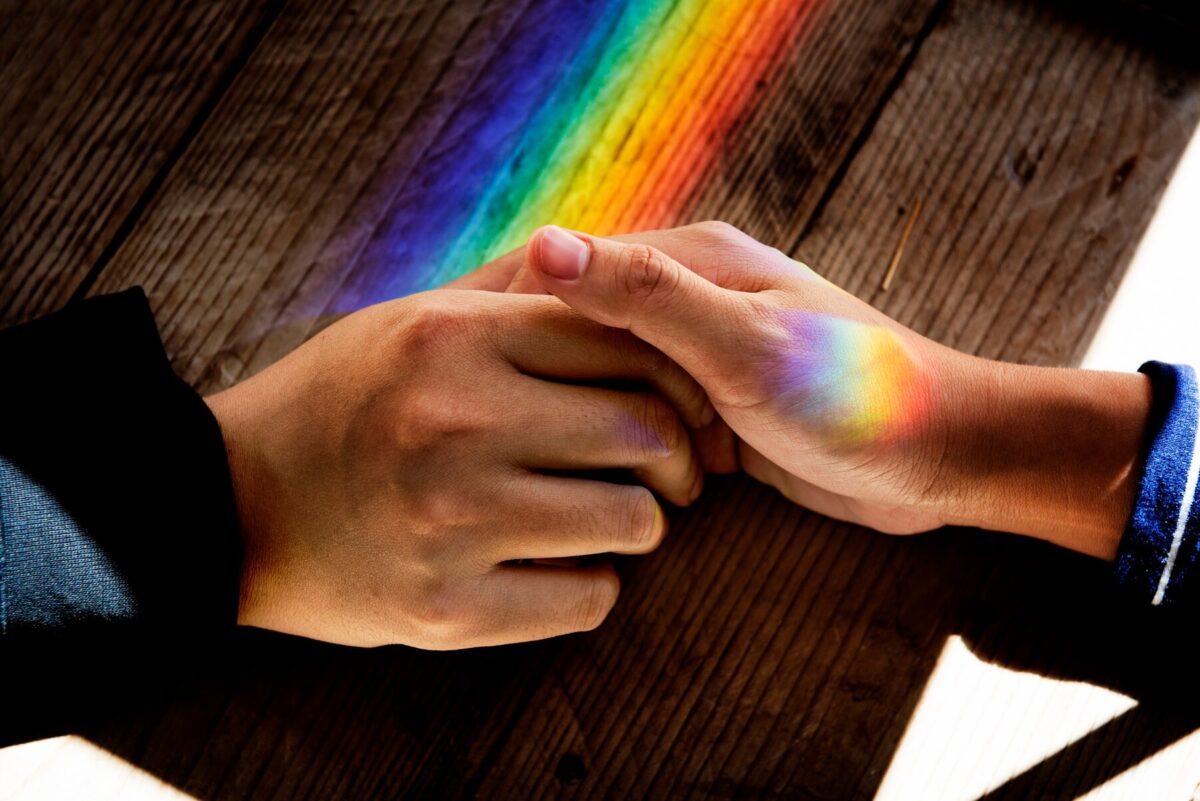The LGBTQIA+ community in Kazakhstan is going through a difficult and tense period. Late last year, a local NGO published a social video on Instagram featuring queer couples, which attracted public attention, garnering over 6,400 views. The video resonated widely, receiving both positive feedback and negative comments, many of which contained hate speech.
In May 2024, a petition entitled “We are against open and hidden propaganda of LGBT in the Republic of Kazakhstan!” appeared on the portal “E-Petition.kz”. The initiative was authored by the anti-gender group “Kazakhstan Union of Parents”, which previously actively opposed vaccination during the pandemic, as well as the law on domestic violence and tougher punishment for bullying. The petition gathered 50,000 signatures in a short period – less than two weeks – the required number for it to be considered by the Ministry of Culture and Information. The rapid mobilization of signatures raised questions, as according to eyewitness reports and screenshots, civil servants and quasi-government employees were coerced into signing the petition along with another initiative to ban gambling among officials. One queer activist noted that the surge in signature-gathering activity took place during working hours, which heightened suspicions.
After the petition was accepted for review, a working group began to form to discuss its implications. Many LGBTQIA+ activists, human rights defenders, and lawyers applied to join the group. However, according to the authorities, due to the limited submission deadline – only 10 days – and technical reasons, a significant number of applicants were not selected. As a result, of the 51 people included in the working group, more than 40 supported the adoption of the petition, while only 7 opposed it.
The first meeting of the working group was held on June 21, and the process continued through early August. At these meetings, supporters of the petition actively used hate speech and discriminatory language. Even though the petition violated several international conventions on civil and political rights, the majority of the group’s participants were in favor of its adoption.
Against this backdrop, the LGBTQIA+ community and human rights defenders mobilized. Organizations (including those with national REActors) actively assisted victims by engaging the media and international partners, as well as providing legal advice on how to file complaints and challenge the petition through administrative procedures. Although most members of the working group supported the discriminatory measures, activists and human rights defenders united to form a strong front of opposition.
The petition drew attention to the problem of discrimination against LGBTQIA+ people in Kazakhstan, becoming an important catalyst for further struggle for their rights. This story demonstrates how the unity and determination of activists can help to counter the tide of discrimination and stand up for the rights of people. While the final results of the fight are not yet known, one thing is clear – the LGBTQIA+ community is not alone, and it has strong support.
Also read:
Overcoming violence and bias due to HIV status: the story of Gularus from Tajikistan


